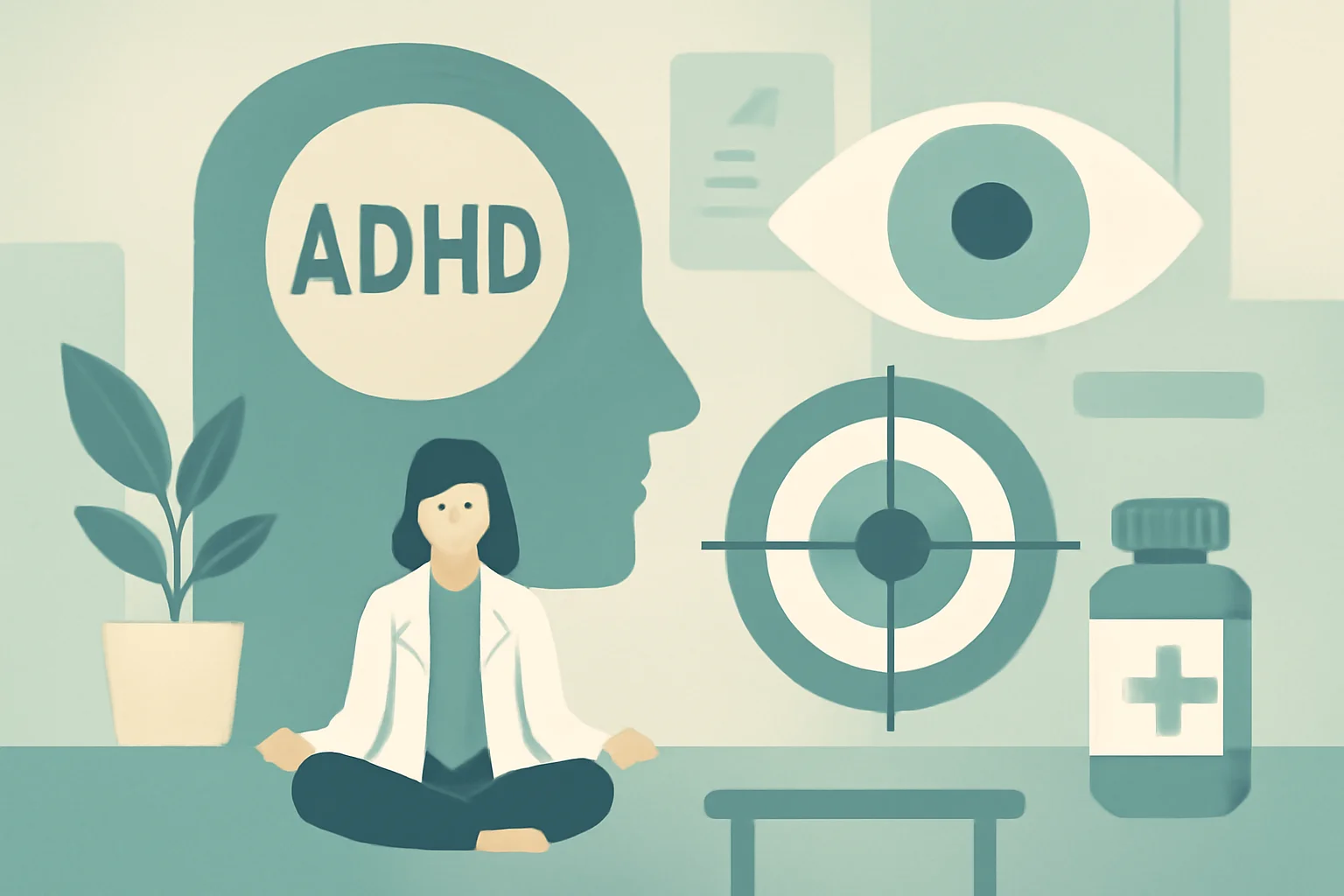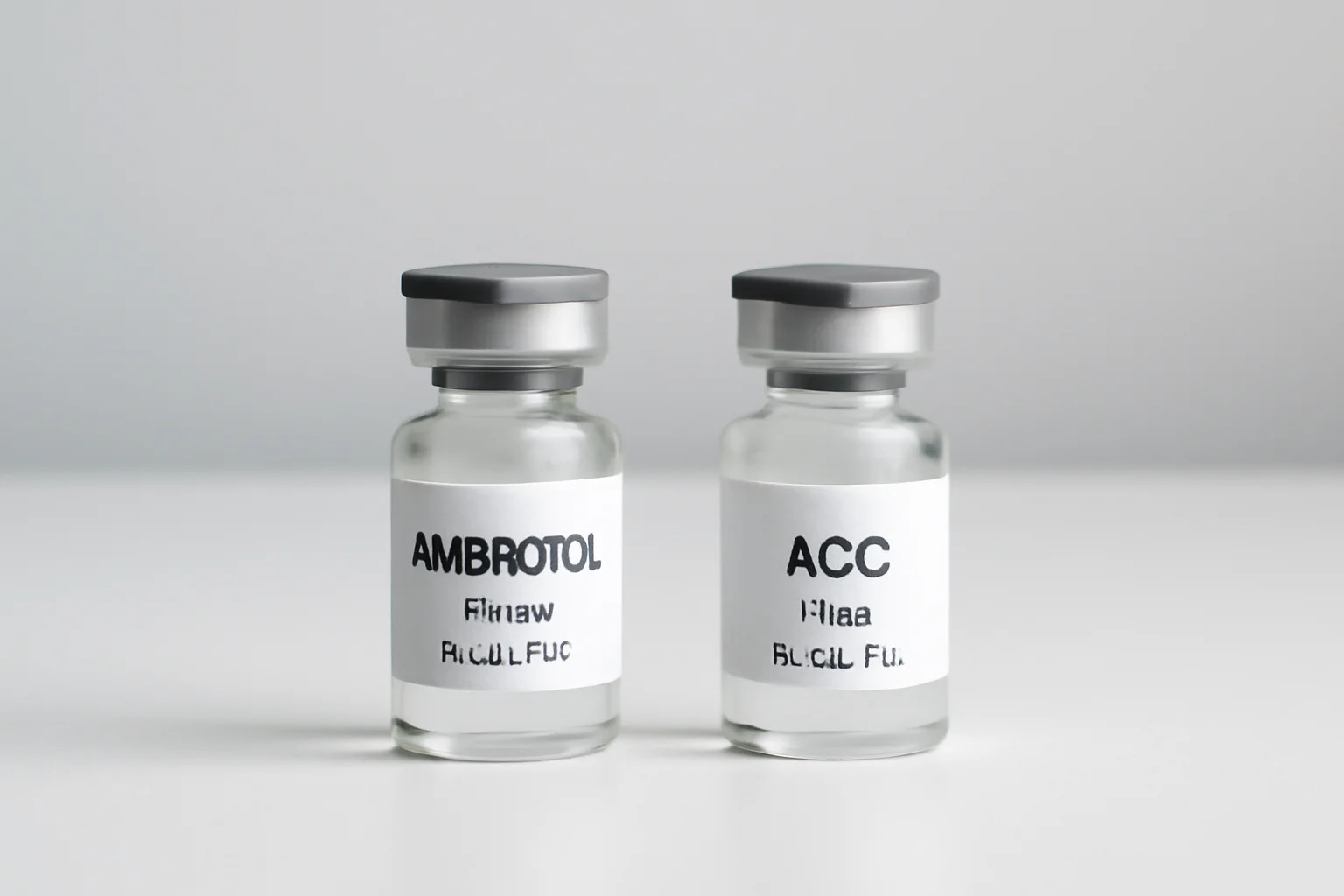
New Approaches to ADHD Treatment: Effective Methods and Tips
The attention-deficit/hyperactivity disorder (ADHD) is a neurodevelopmental disorder characterized by problems with attention, hyperactivity, and impulsivity. The disorder is most common among children but can also appear in adults. Proper diagnosis and treatment are essential for improving the quality of life of patients. The goal of ADHD treatment is not only to alleviate symptoms but also to support the patient’s daily life, enabling successful social and professional integration. Treatment must take into account the individual needs of the patient, their age, and the severity of the disorder.
Society is increasingly recognizing the existence of ADHD, and scientific research continuously uncovers new information about the causes and treatment of the disorder. Modern medicine offers various approaches, including medication, psychotherapy, and behavioral therapy. The diversity of ADHD treatments allows for the identification of the most effective solutions for individuals struggling with different symptoms and problems. Below, we will examine the various aspects of ADHD treatment in detail.
Medication in ADHD Treatment
Medication is one of the most common and effective forms of ADHD treatment. The aim of the medications is to reduce the symptoms of inattention and hyperactivity, allowing patients to concentrate better, exhibit less impulsive behavior, and be more successful in their social interactions. The most commonly used medications for ADHD are stimulants, such as methylphenidate and amphetamines.
The mechanism of action of stimulant medications is based on adjusting the levels of neurotransmitters in the brain. These drugs increase the levels of dopamine and norepinephrine in the brain, which play a key role in regulating attention and impulse control. Stimulants are typically prescribed in fast-acting and long-acting forms, depending on the type of symptoms the patient has.
It is important to note that medication is not always necessary. In some cases, therapeutic approaches may be sufficient to manage symptoms, especially in milder forms. Side effects of medications can also occur, so treatment should be conducted under close medical supervision. Parents and professionals working with patients should collaborate in selecting the appropriate medication and adjusting the dosage to minimize side effects and maximize the benefits of treatment.
Psychotherapy and Behavioral Therapy
Psychotherapy and behavioral therapy also play an important role in ADHD treatment. These approaches help patients understand their own behavior and learn strategies that can assist in managing hyperactivity and impulsivity. During therapy, professionals help patients focus their attention, solve problems, and develop social skills.
Behavioral therapy approaches include positive reinforcement and behavior modification. By involving parents and educators, the therapy aims to help children consciously change their behavior and learn how to manage their impulses. During therapy, professionals often use various playful and interactive methods to maintain children’s attention and motivate them to learn.
Psychotherapy, particularly cognitive behavioral therapy (CBT), can also be effective in treating ADHD. The goal of CBT is to identify and change negative thinking patterns that may contribute to the worsening of symptoms. During therapy, patients learn stress management techniques and emotional regulation, which can help them cope with the challenges of daily life.
The advantage of psychotherapeutic approaches is that they not only target symptoms but also improve the patient’s overall personality and quality of life. During therapy, patients will be able to better understand themselves and their environment, which can contribute to more successful integration in the long run.
Alternative Treatment Methods in ADHD Treatment
Alternative and complementary therapies are receiving increasing attention in the treatment of ADHD. These include various diets, dietary supplements, and natural remedies such as herbal medicine. Research suggests that proper nutrition and the intake of nutrients like omega-3 fatty acids may positively impact attention and impulse control.
The role of diet in ADHD treatment is debated, but many parents and professionals believe that excluding or limiting certain foods can help alleviate symptoms. For example, reducing artificial colors and flavors, as well as sugar, may improve attention and behavioral problems in some children. Diets rich in omega-3 fatty acids, vitamins, and minerals may also contribute to symptom improvement.
Herbal medicine, or the use of herbs, is also a popular alternative method. Various herbs, such as ginkgo biloba and ginger, can be used to improve attention and concentration. However, it is important to note that the effectiveness and safety of alternative treatment methods are often not proven, so it is advisable to consult a healthcare professional before using them.
Although alternative treatment methods may be appealing to many, they do not replace traditional medical treatments. To achieve the best results, combining different methods may be the best solution, considering the individual needs and condition of the patient.
—
This article does not constitute medical advice. In case of health issues, everyone should follow their doctor’s advice.

